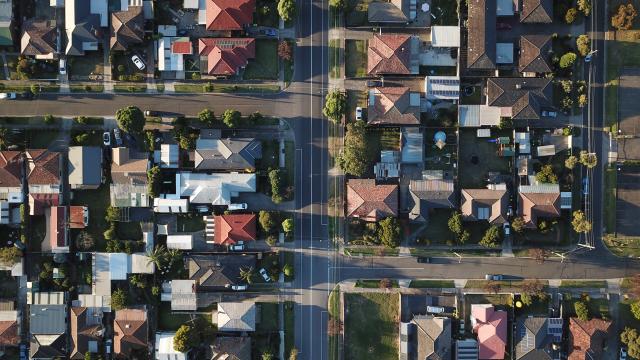Safety and lack there-of in social housing has been described as a risk for Victorians, including those in Hume and Whittlesea.
Nearly two years ago the Victorian Ombudsman Deborah Glass tabled an extensive report into Victoria’s social housing complaint system. It described a complicated, confusing and under-resourced system, to a point where some renters felt their health and safety were at risk.
Today, the Social housing complaint handling – progress report was tabled, a follow-up on the 17 recommendations in the 2022 report. It notes advances in some areas, but also identifies a lack of clear action from the state government on much-needed major reforms.
“The systemic issues are not going away. Change is now even more critical, as Victorians grapple with dual housing and cost-of-living crises, increasing homelessness and an evolving social housing landscape, including the looming redevelopment of public housing towers,” Ms Glass said.
Acknowledging the state government’s substantial capital investment in social housing, Ms Glass said putting even a tiny percentage of this spend into better complaint handling would reap huge rewards far sooner – for renters, social housing providers and the Government alike.
Ms Glass noted the responsible Department and the Housing Registrar had acted to address most of the recommendations made to them, but major recommendations for Government were not yet fulfilled.
“Letters to a succession of responsible Ministers went unanswered, until a draft of this report elicited the response that the recommendations remain ‘under active consideration’,” Ms Glass said.
Discontent with social housing continues to grow, with complaints to the Ombudsman rising 83 per cent over the past two years. The case studies in the report once again highlight the distress poor complaint handling processes can cause.
One renter in her 60s told us she had to wait more than 18 months for action after lodging a complaint with the Department about bathroom leaks causing mould. Compounding her distress, during the eventual repairs a contractor removed her toilet without providing a temporary replacement. She resorted to using ‘a bucket in the backyard’ for several days. The renter said the ‘worst bit’ was being made to ‘feel like we’re whingeing’. She said renters like her – particularly those who are older or speak another language – were reluctant to complain to local housing offices, as they worry they will ‘get in trouble and have to move out’.
The report notes strong stakeholder support exists for the recommendation to introduce a dedicated Social Housing Ombudsman as a single external escalation point, to help create a more equitable system for public and community housing renters. As Ms Glass stated in 2022, this could be established quickly and cheaply within the Victorian Ombudsman’s office.
Ms Glass acknowledged that social housing issues are complicated and inter-related: “But the complaints issue can be fixed, and the time is now.”







